Questions Remain About Using Treated Sewage on Farms

Spreading biosolids—which include human and industrial waste—on farmland helps cut down on synthetic fertilizer. But it may also pollute water supplies and expose people to harmful chemicals.
By Tom Perkins
FARMING, Food Safety, HEALTH
Posted on: January 30, 2020
Each day, about 20 million gallons of sewage flows into the city of Tacoma’s wastewater treatment plants.
The water is separated, treated, and discharged into the Puget Sound, which leaves behind sludge—a mix of human excrement, industrial waste, and everything else that ends up in Tacoma’s sewers. The plants further treat the product to reduce pathogens, bacteria, heavy metals, and odors, and convert it into a fertilizer called biosolids, which is high in phosphorus, nitrogen, and other nutrients that help plants grow.
Tacoma produces about 5,000 dry tons of biosolids annually and sells it in bags under the brand name TAGRO to about 9,000 customers at local hardware stores, as well as to urban gardeners and farmers in the Tacoma region.
“The focus here has been on recycling and the production of beneficial products—clean water, energy, and soil amendment fertilizer … including biosolids,” said Dan Thompson, division manager of business operations for TAGRO.
Get the latest articles in your inbox.
Over 50 percent of the approximately 130 million wet tons of sludge produced nationally each year is treated and applied to cropland, which the U.S. Environmental Protection Agency (EPA) notes is less than 1 percent of U.S. farmland. As a fertilizer, it’s popular with some farmers because most wastewater treatment plants give it away for free or sell it at prices that are below than the cost of synthetic fertilizers.
The use of biosolids in agriculture is increasingly coming under fire as a potential health and environmental threat, however. While some see it as an effective way to close the loop on recycling waste, some scientists, health professionals, and advocates say using biosolids in agriculture is poisoning the nation’s farmland and compounding a number of health risks. Advocates argue that without stronger, comprehensive regulations that cover what types of waste can be used in biosolids—and what waste industries are allowed to send into public sewer systems—the nation is taking unknown risks with its food and water supplies, not to mention the health of farmers and people living in farm communities.



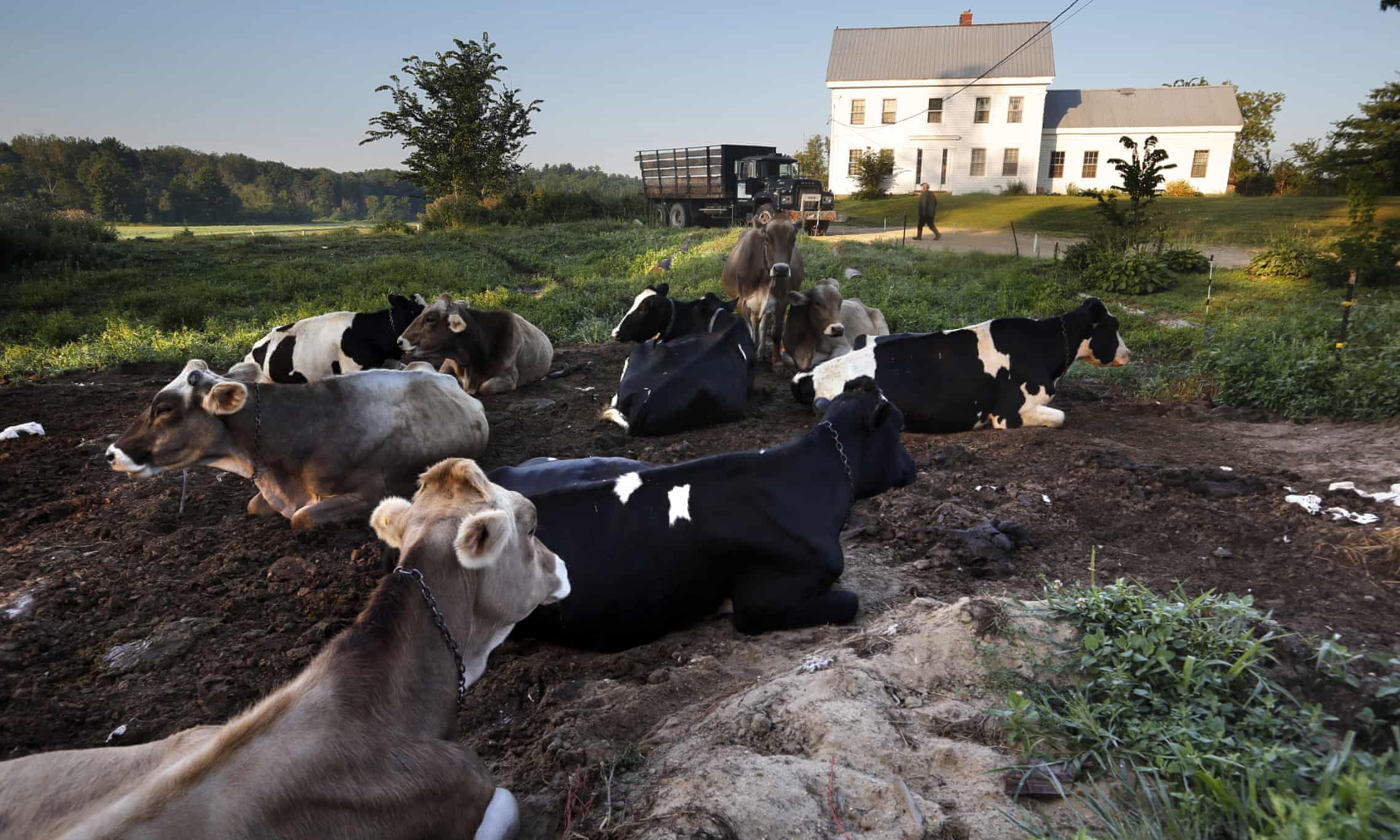 Dairy cows rest outside at Stoneridge Farm in Arundel, Maine, in August 2019. The farm was forced to shut down after sludge spread on the land was linked to high levels of PFAS in the milk. Photograph: Robert F Bukaty/AP
Dairy cows rest outside at Stoneridge Farm in Arundel, Maine, in August 2019. The farm was forced to shut down after sludge spread on the land was linked to high levels of PFAS in the milk. Photograph: Robert F Bukaty/AP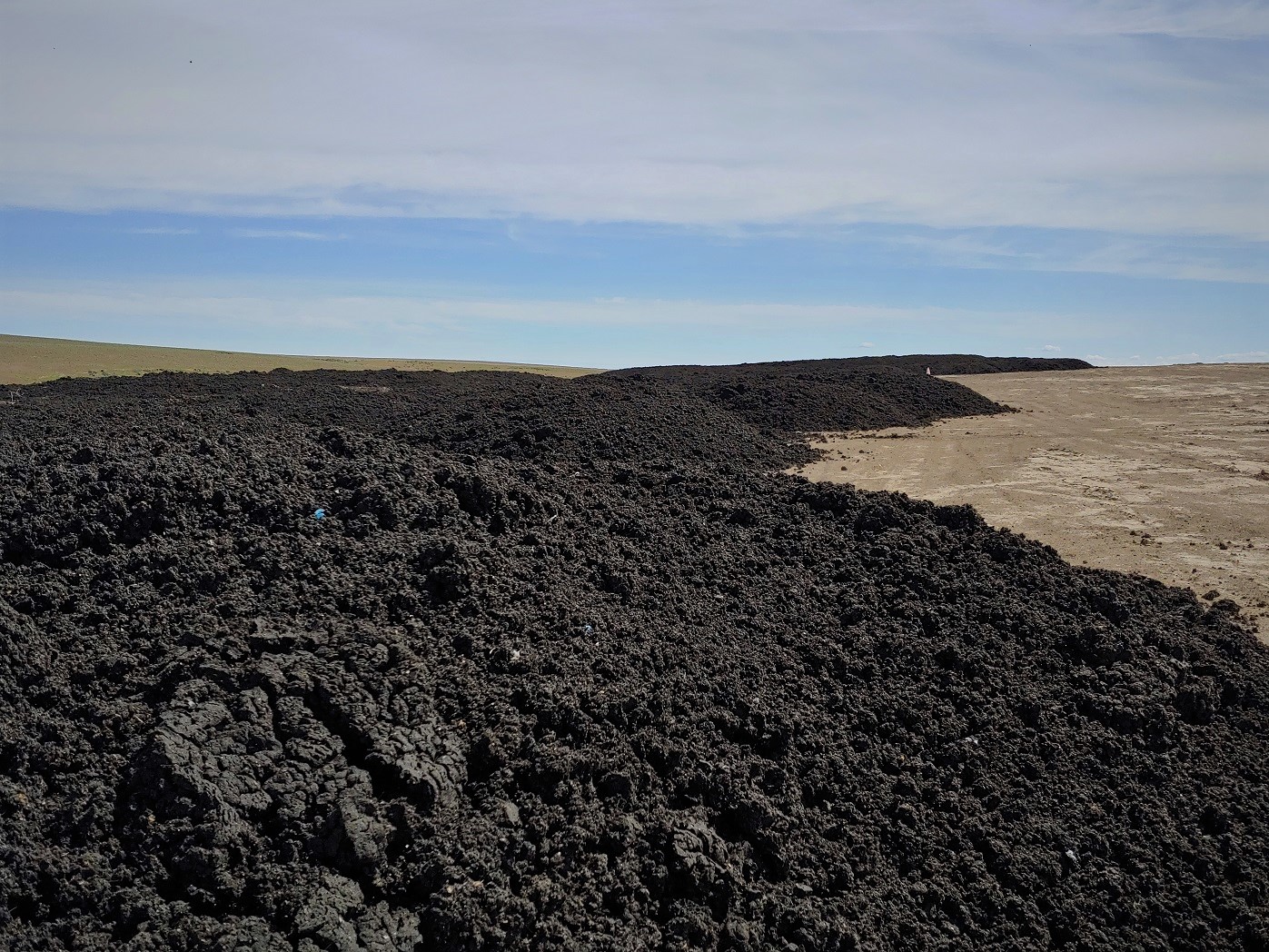
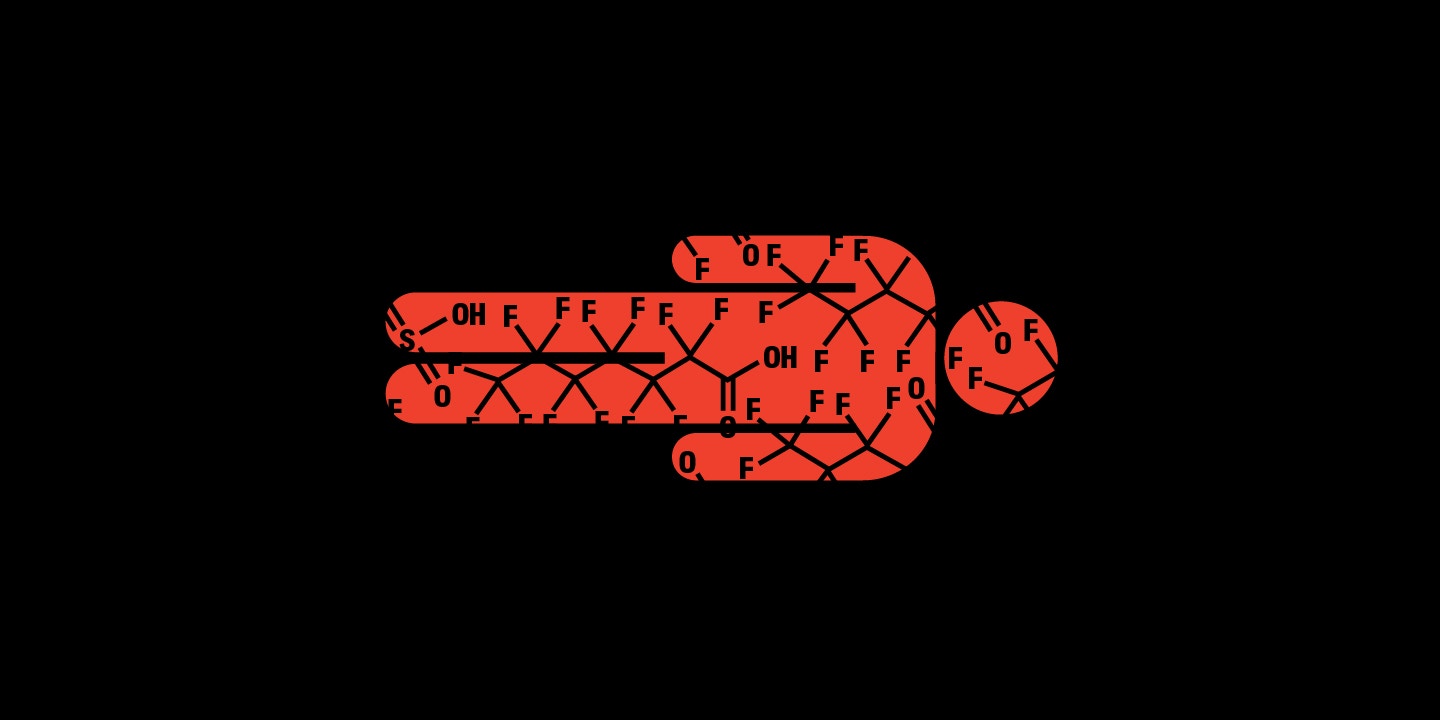


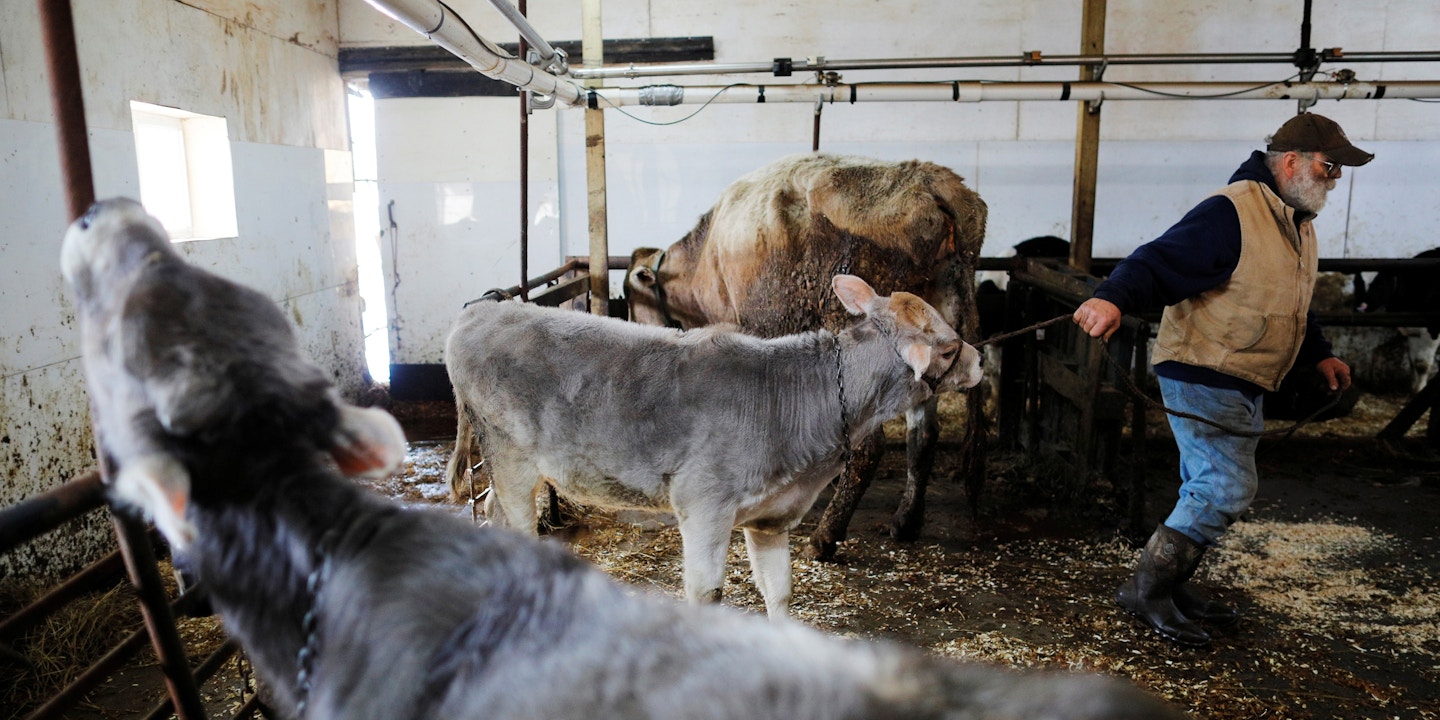

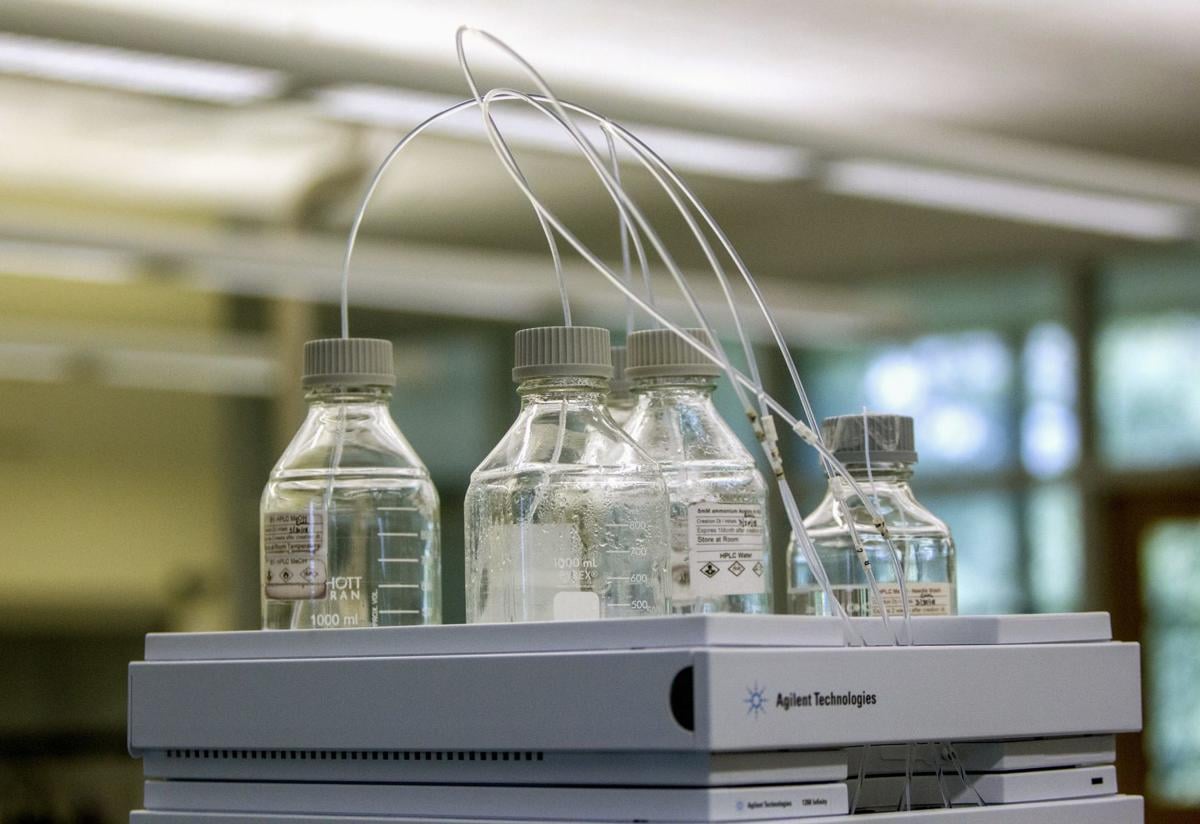 As Wisconsin discovers more PFAS contamination it will decide whether to follow the lead of Michigan and investigate the role of wastewater treatment plants in spreading the indestructible, toxic compounds across the landscape. Above, equipment used to test for PFAS (per- and poly-fluoroalkyl substances) in drinking water is seen at Trident Laboratories in Holland, Mich.
As Wisconsin discovers more PFAS contamination it will decide whether to follow the lead of Michigan and investigate the role of wastewater treatment plants in spreading the indestructible, toxic compounds across the landscape. Above, equipment used to test for PFAS (per- and poly-fluoroalkyl substances) in drinking water is seen at Trident Laboratories in Holland, Mich.

